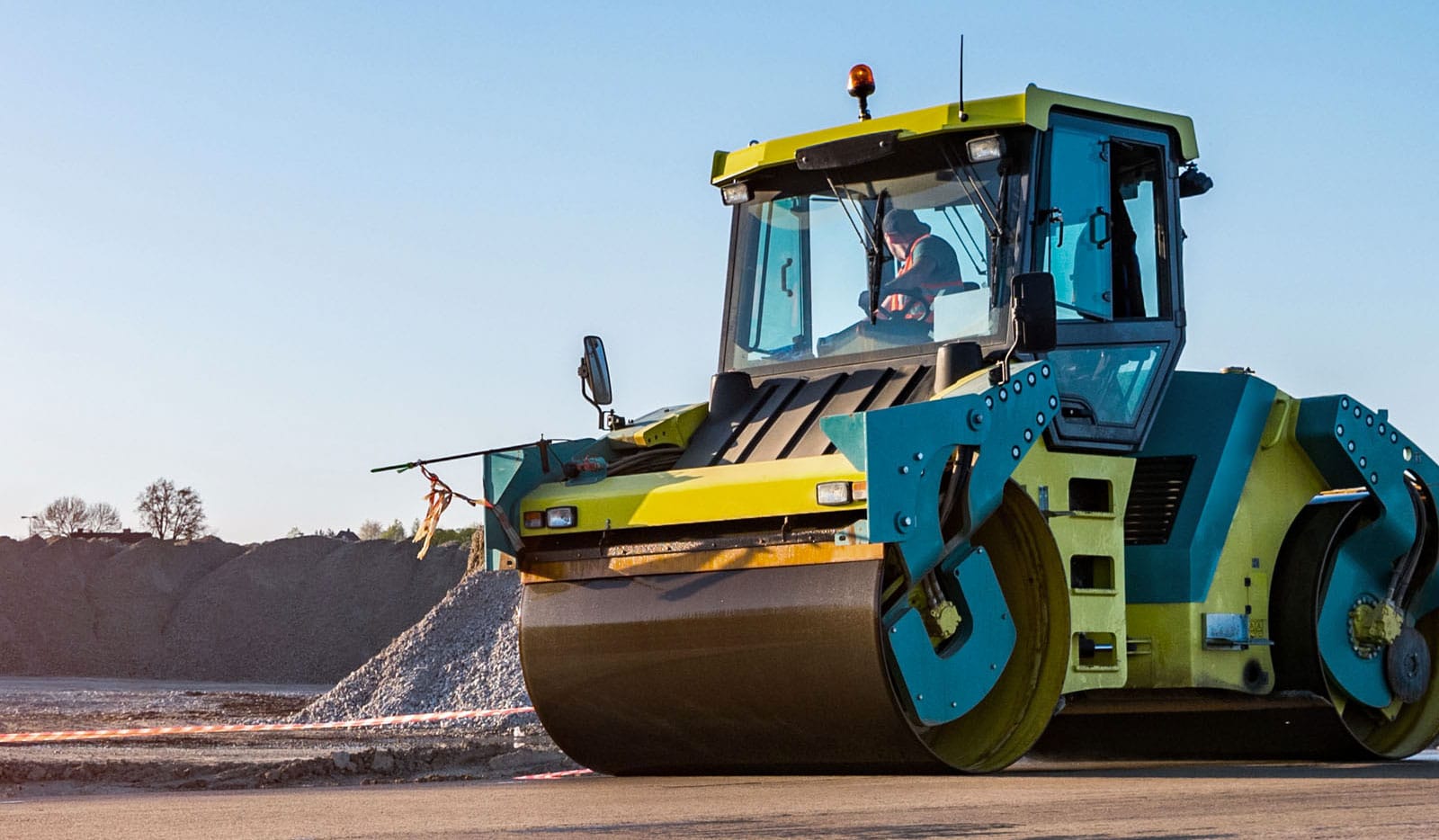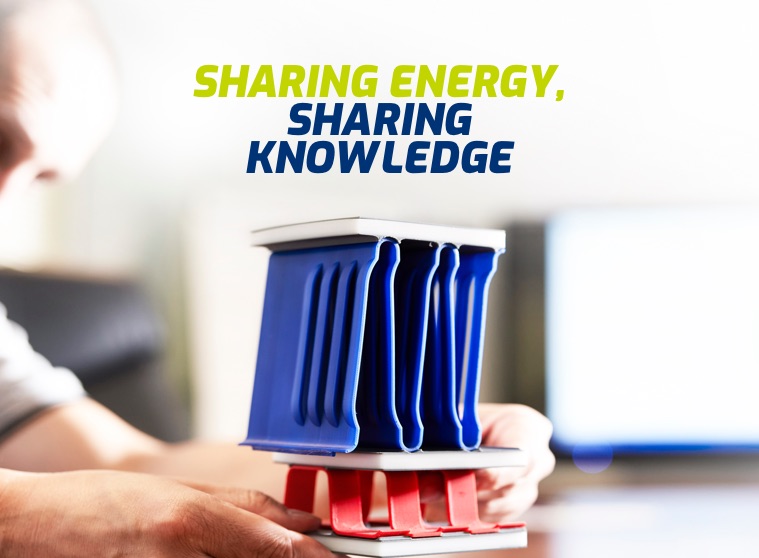HR series
Complete cooling modules for endothermic engines, combi-coolers for water,
intercooler (CAC), oil, fuel and any other compatible fluid
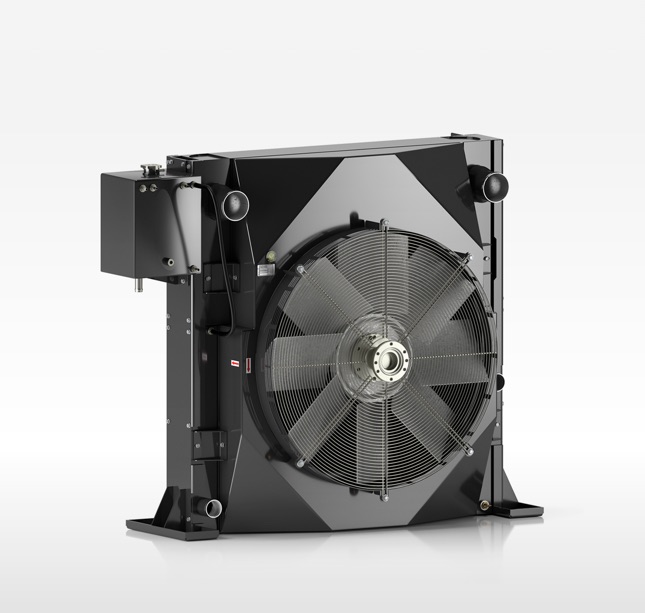
HC series
Mono and multi-circuit heat exchangers (without accessories) for the cooling of oil, air, water, water/glycol, fuel and any other compatible fluid
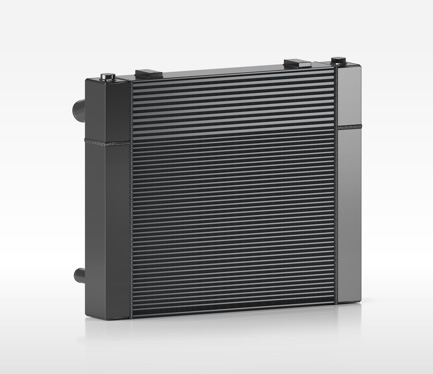
HS series
Heat exchangers (with accessories) for the cooling of oil, air, water, water/glycol, fuel and any other compatible fluid
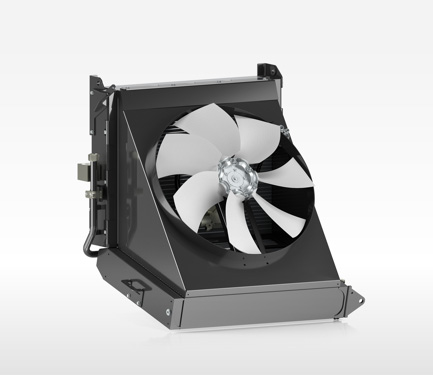
HY series
Driven fans oil coolers with AC, DC power, electric motor and hydraulic motor predisposition.
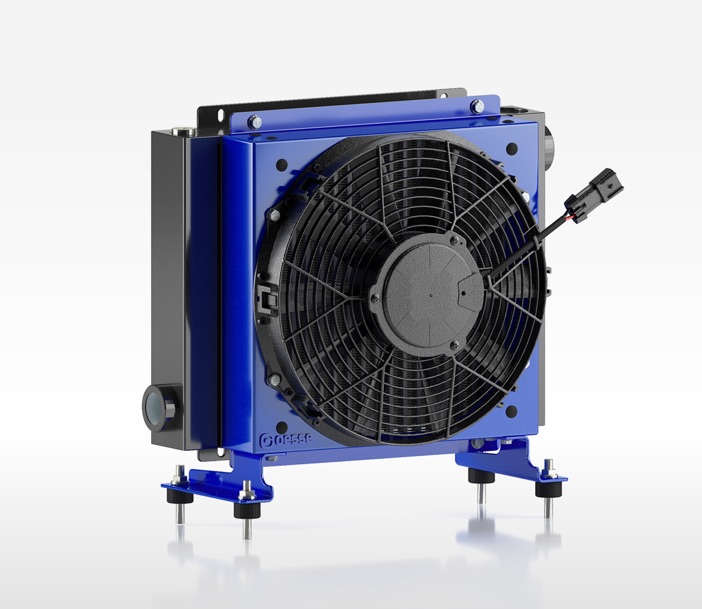
HP series
Indipendent oil cooling units
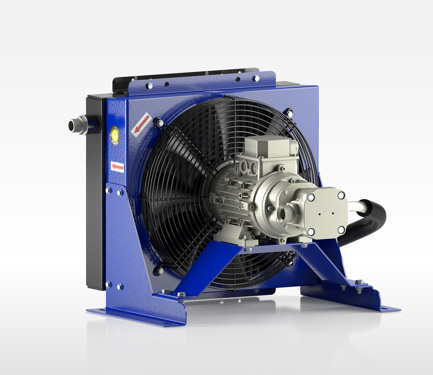
HM series
Heat exchangers with tank and filter for concrete mixers
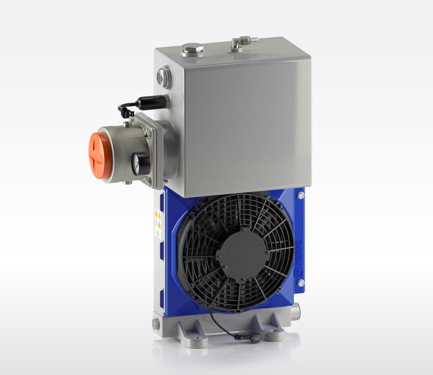
HA series
Combi-coolers for rotary screw compressors
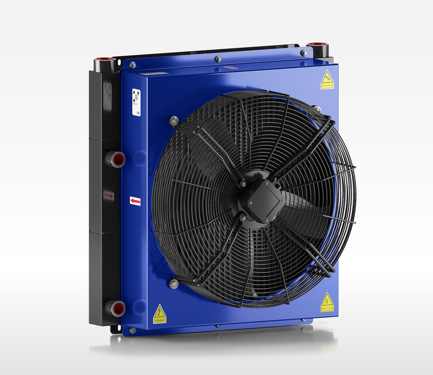
Accessories
Off road
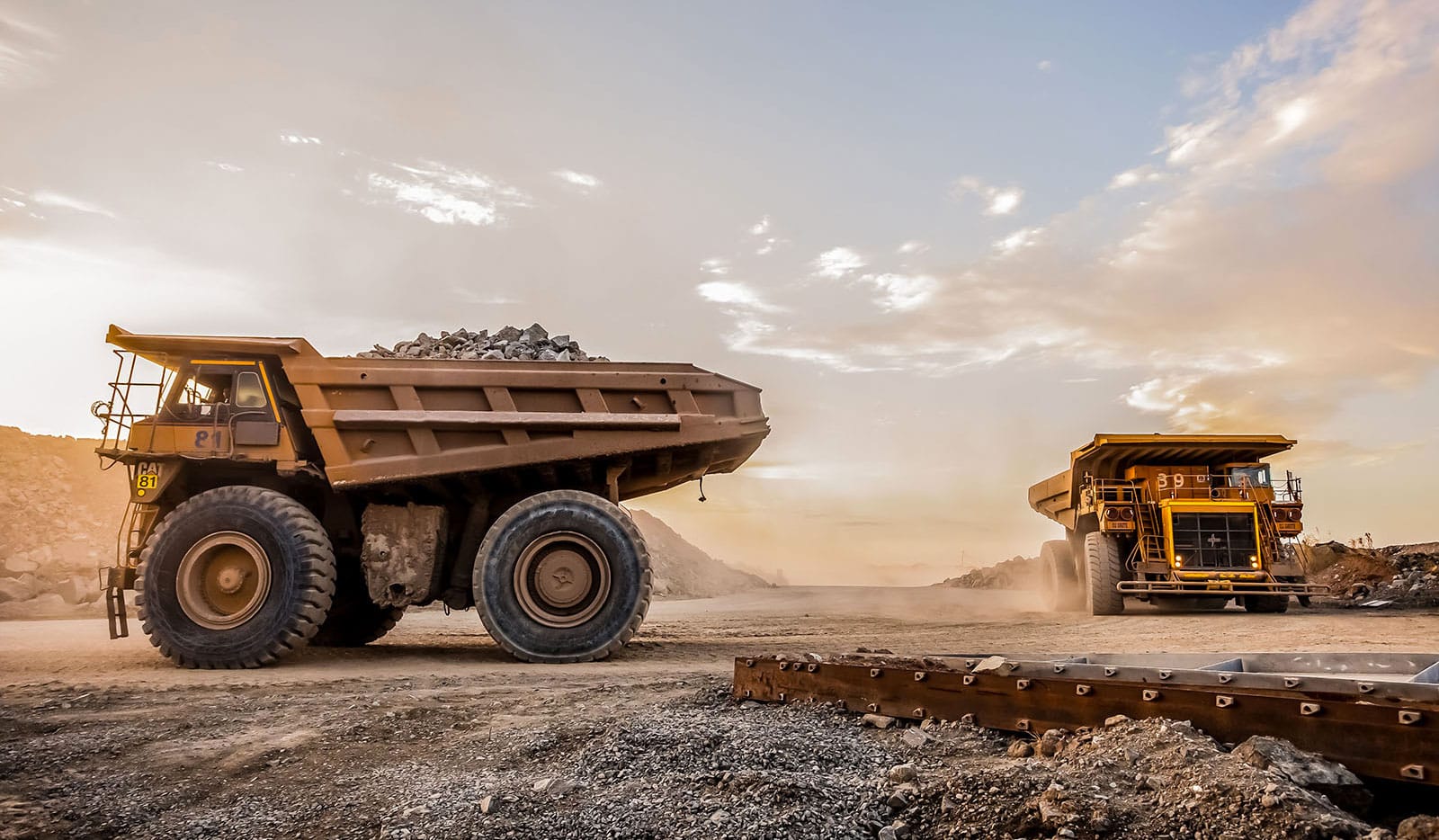
Agriculture & Forestry

Municipal Vehicles & Machinery
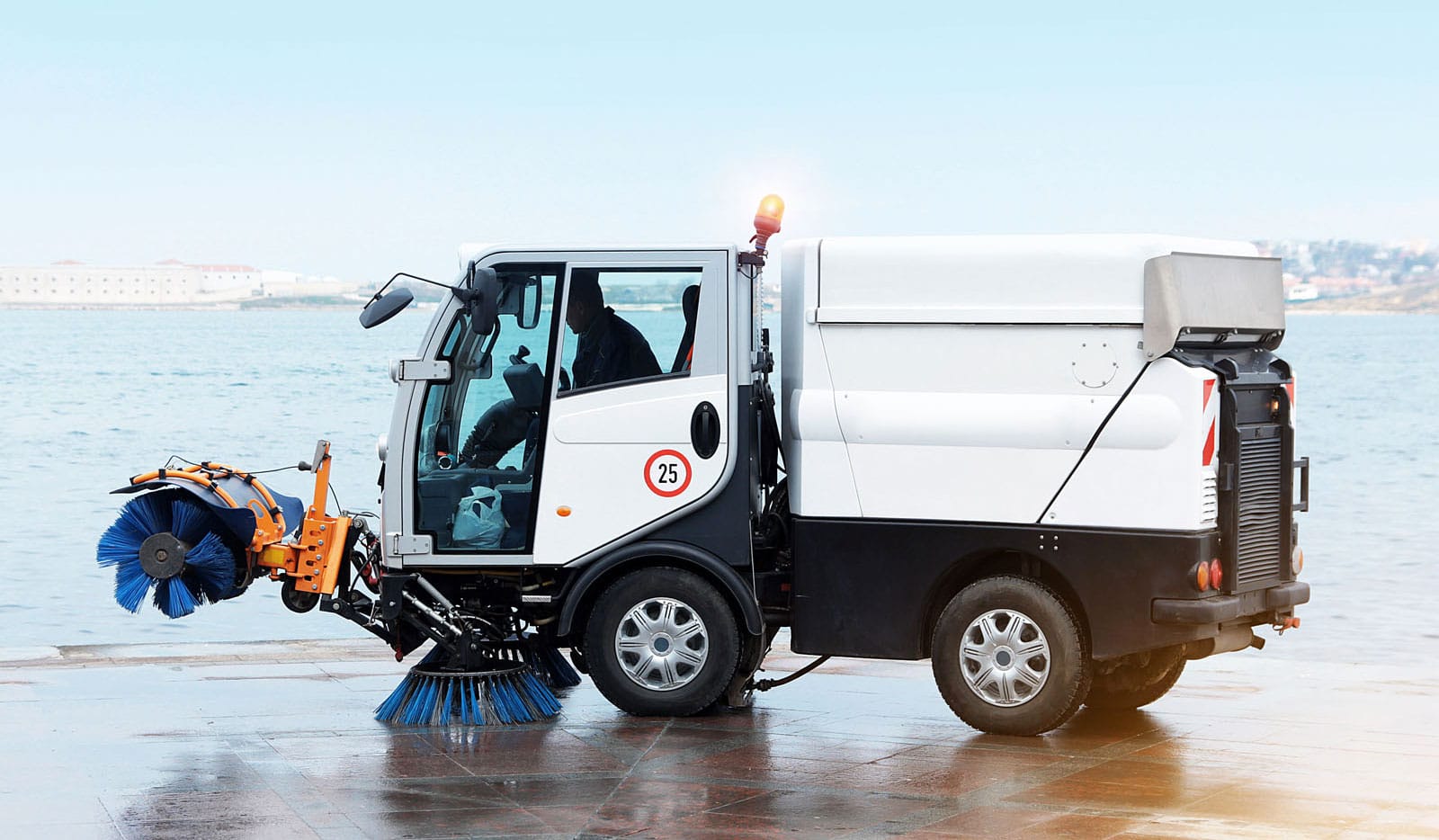
Handling & Logistic
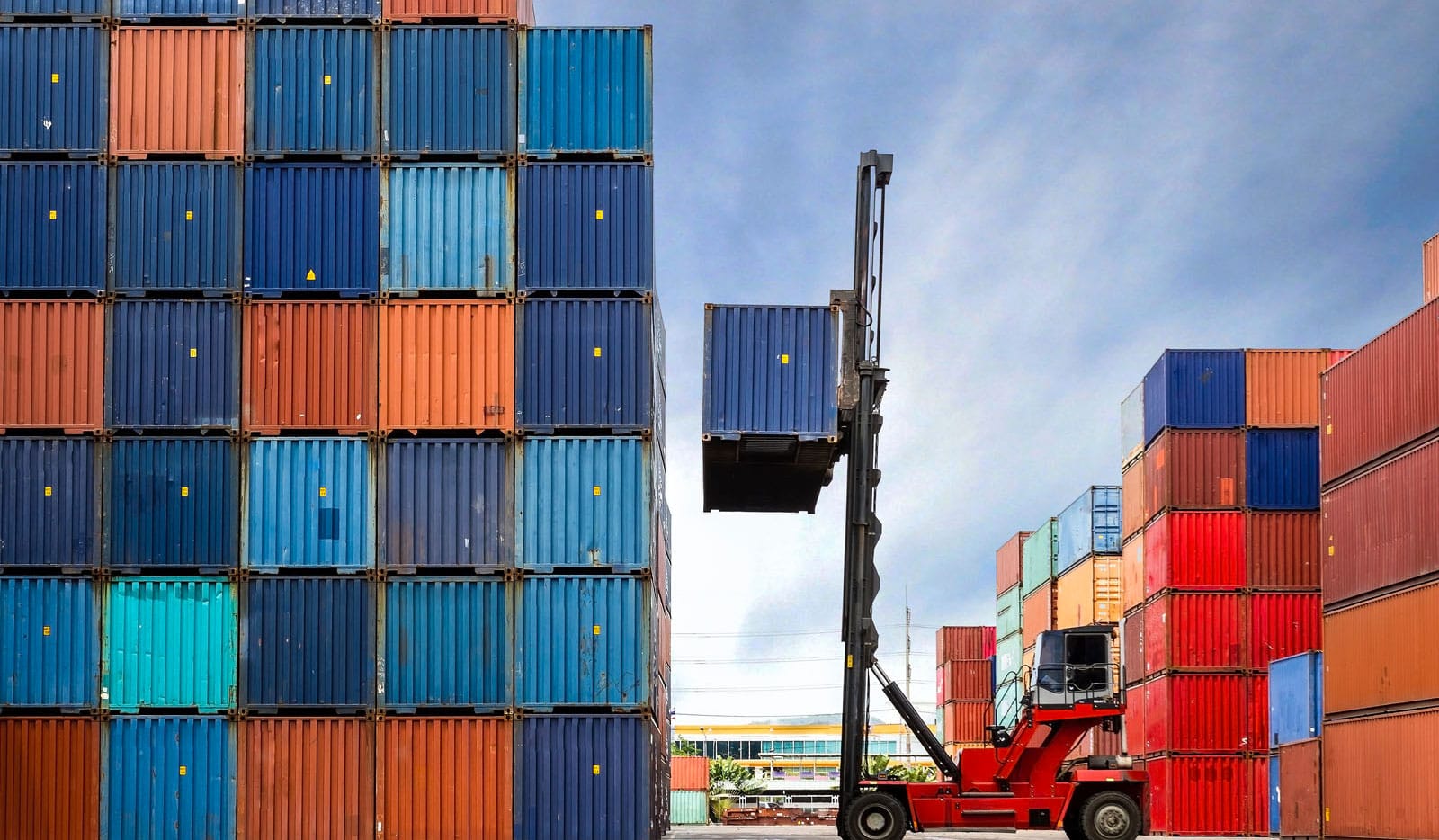
Endothermic Engines
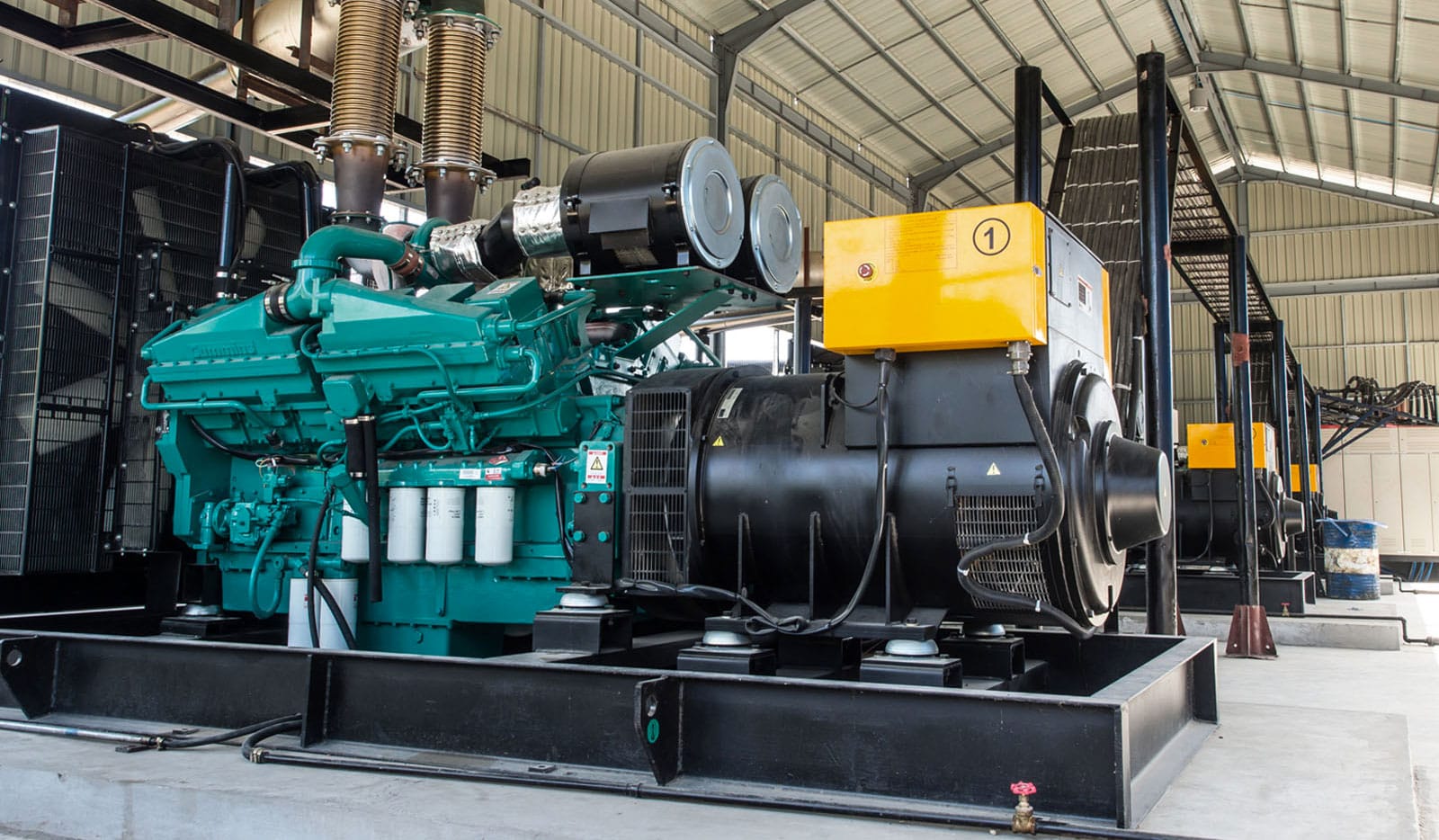
Energy / Renewable
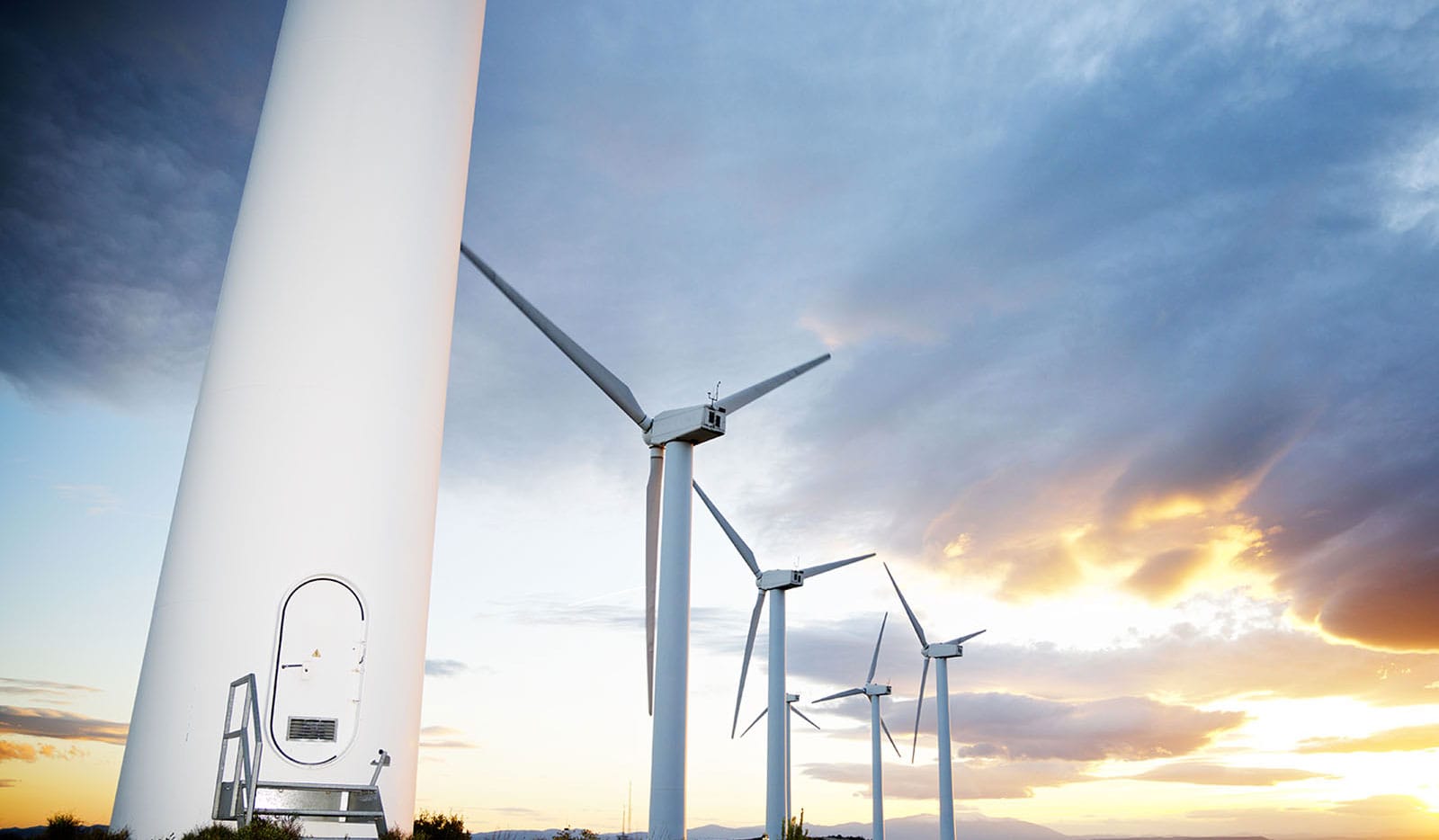
Hydraulic Dealers
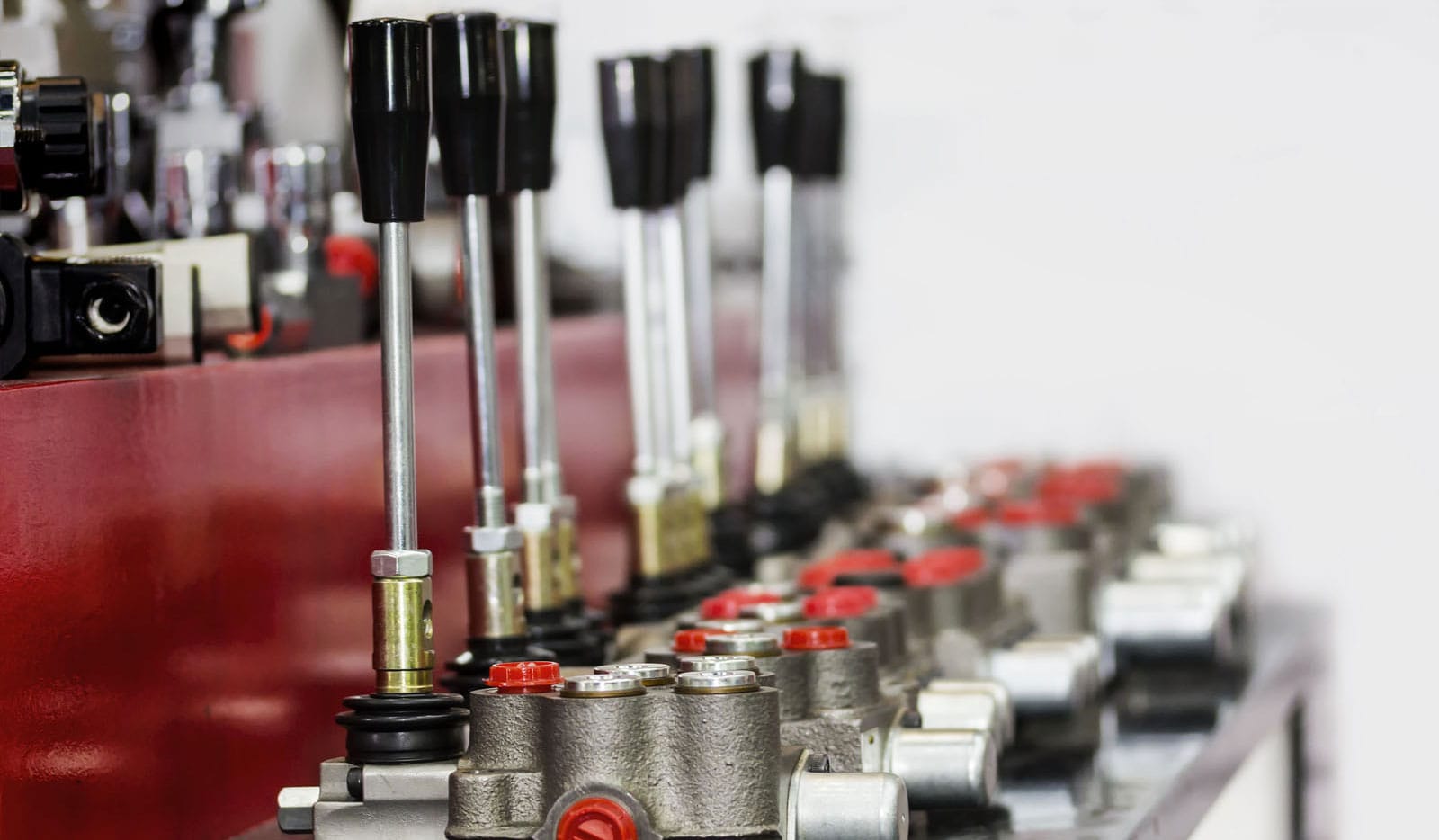
Industrial / Stationary
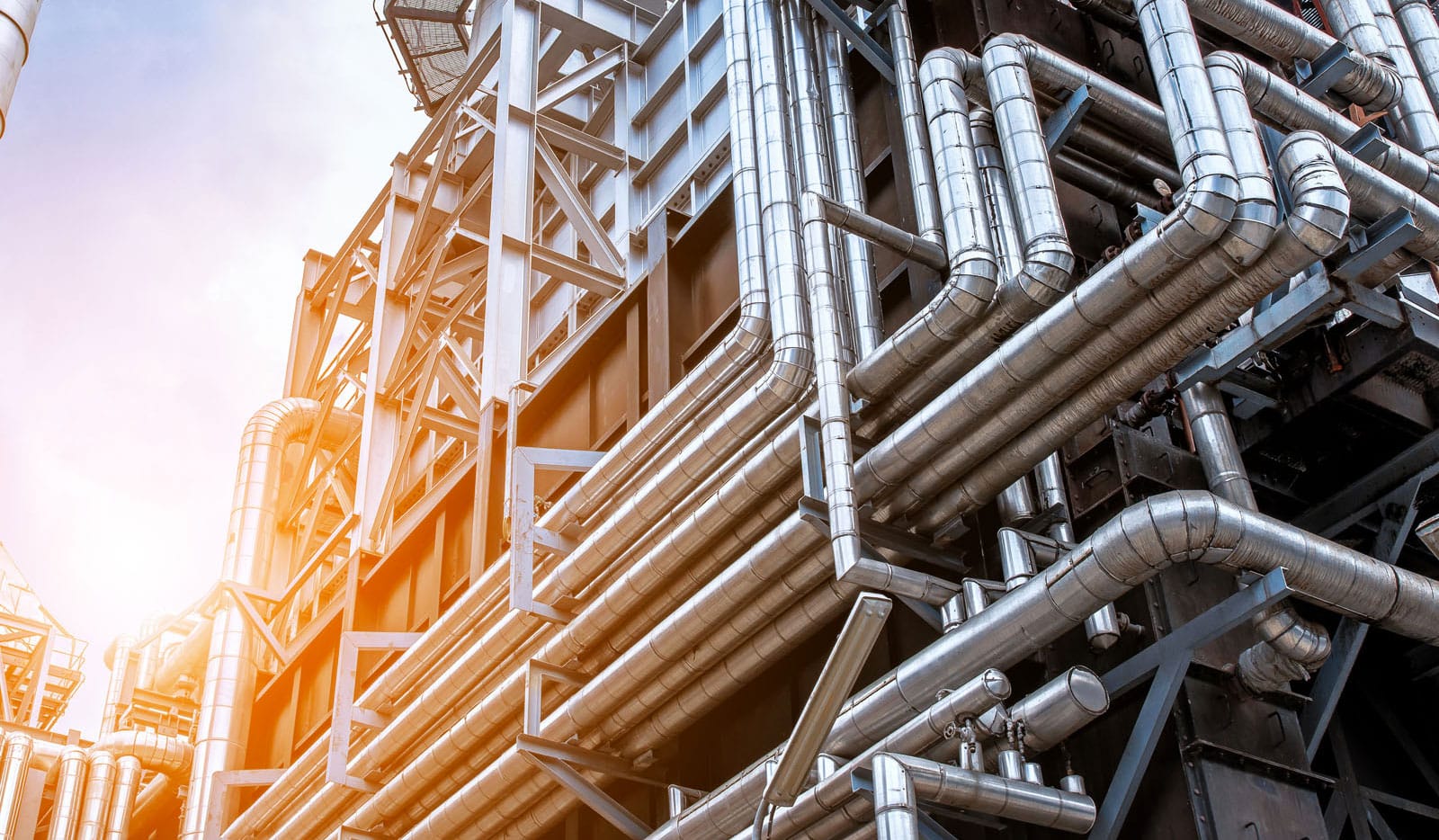
Railway Machinery & Equipment

Electric & Electronic Devices
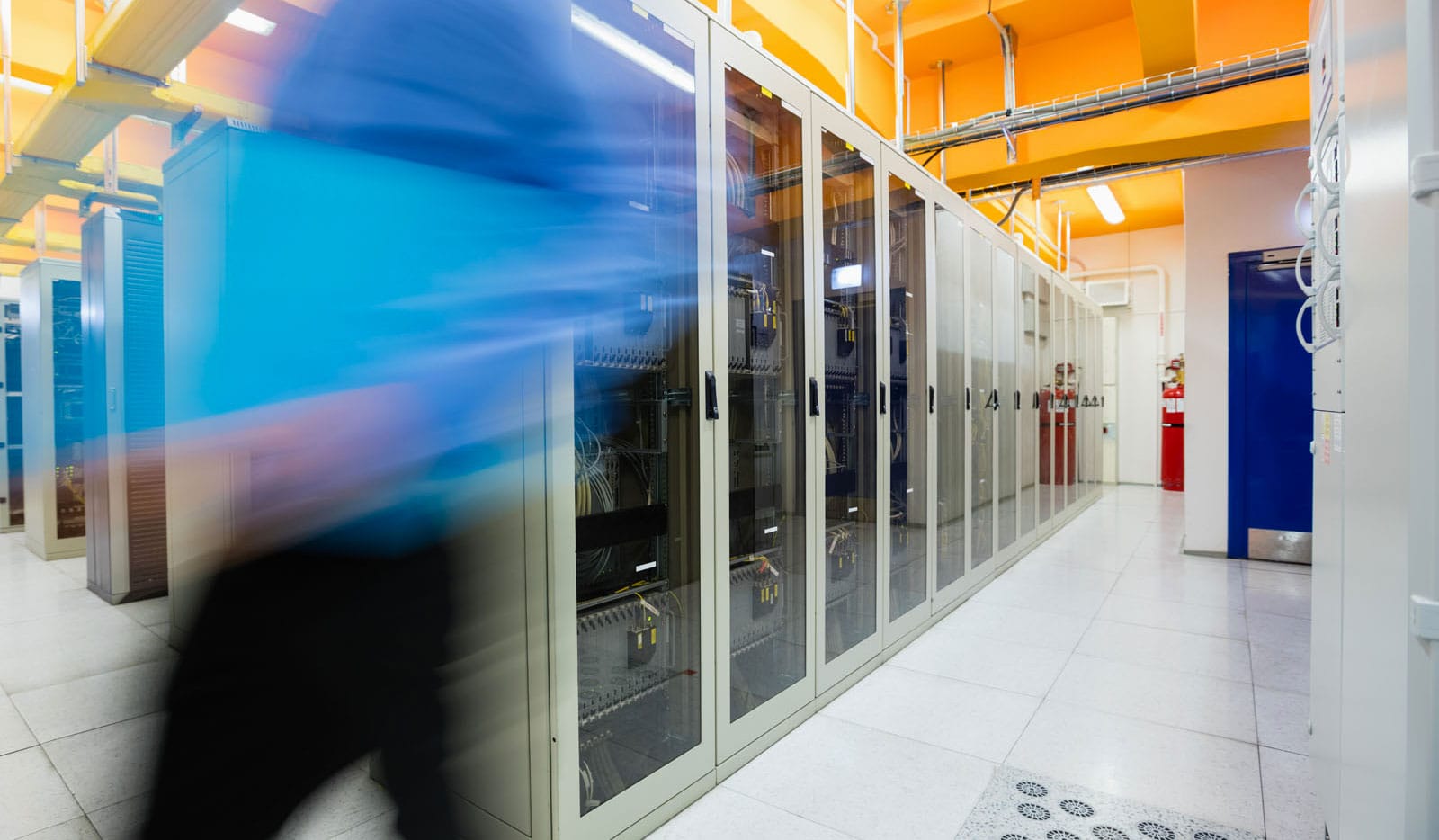
Oil & gas / Marine
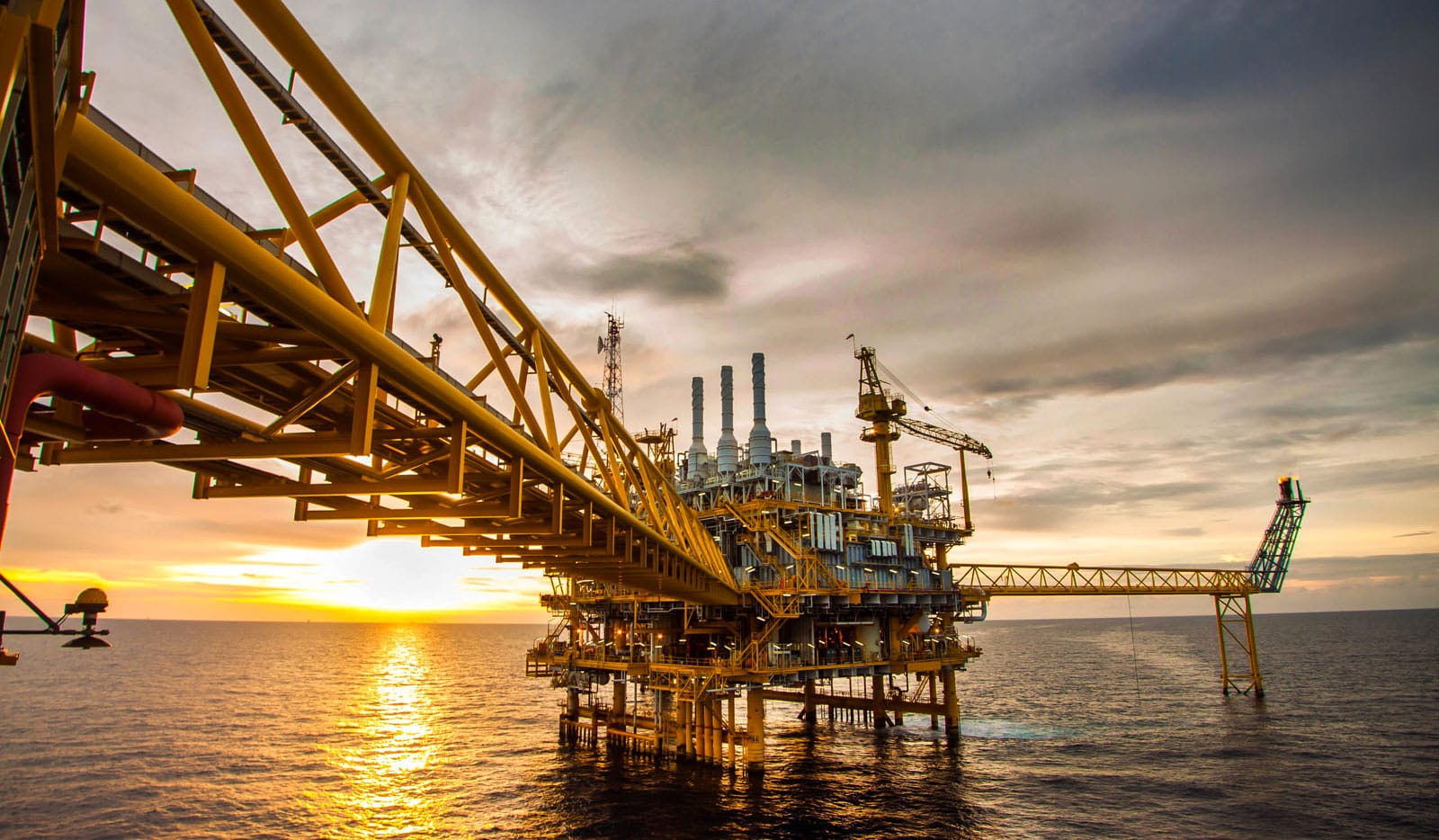
On road
